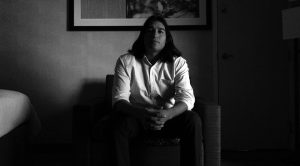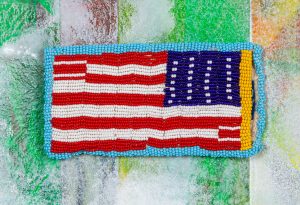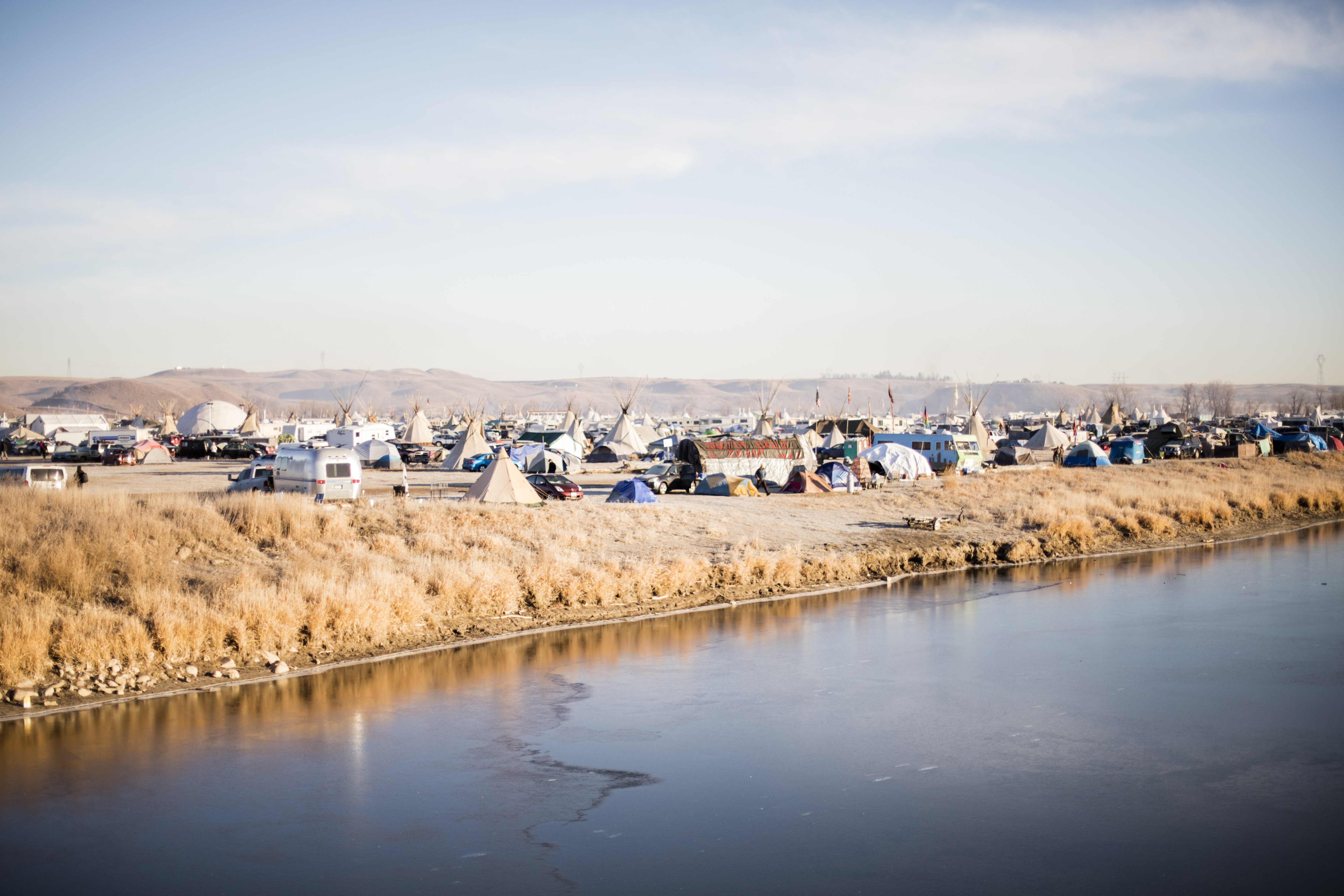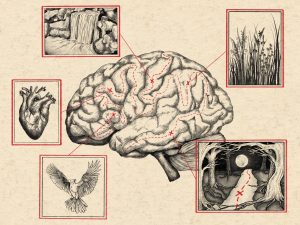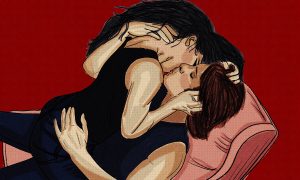I recently came across an article talking about diversity within the archives field and a hashtag that has been becoming popular on twitter: #archivessowhite, which builds on #oscarssowhite. This hashtag, as well as #archivesforblacklives, was created by Jarrett Drake, a leader in the field of digital archives and the driving force behind A People’s Archive of Police Violence in Cleveland. While researching the conversations about diversity within archives, I came across a post by Drake on the Issues & Advocacy Roundtable for the Society of American Archivists website. This post resonated deeply with me and I decided to reach out to Drake to thank him for addressing this issue within the archives field. He was very receptive, thanked me for the message, and wished me the best as I embark further into my career.
Drake’s post suggested a few readings for archivists who need to up their knowledge around archives and race: Silencing the Past: Power and the Production of History by Michel-Rolph Trouillot, “The Archival Sliver: Power, Memory, and Archives in South Africa,” by Verne Harris, and “Being Assumed Not to Be: A Critique of Whiteness as an Archival Imperative,” by Mario Ramirez. I quickly purchased Silencing the Past and downloaded the others. While reading “Being Assumed Not to Be,” this sentence also resonated with me:
“I maintain that continued assertions of neutrality and objectivity, and a rejection of the ‘political,’ take for granted an archival subject that is not only homogeneous (free of racial stereotypes, societal influence, prejudice, and political opinions), but that also supports whiteness and white privilege in the profession.”
I feel there are quite a lot of fields of study where people of color are marginalized. For the longest time, being a woman of color working within the photography field, I came across many obstacles but I kept working hard. At the age of fifteen, I remember hearing from a male photographer that the last thing I should want to do is be a photographer. He said, “things will be so hard for you, especially because you are a girl.” And there definitely are times when being a woman in photography is challenging. My technical expertise is often challenged or called into question.
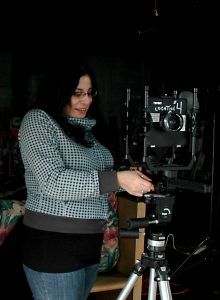
When I chose to go into a Master of Library and Information Science (MLIS) program with a concentration on Archives and Digital Curation, I knew I would encounter another set of obstacles. When researching the field and searching for graduate programs, I realized most of the individuals graduating (and getting jobs) within this field are white men and women. I found myself saying “once again, you want to study something that will make your life difficult.”
I noticed early on some individuals in the program tend to reside on a neutral line of politics, especially when it comes to access of information. As information professionals we are taught what is called the Code of Ethics of the American Library Association. One point in the Code of Ethics states, “We distinguish between our personal convictions and professional duties and do not allow our personal beliefs to interfere with fair representation of the aims of our institutions or the provision of access to their information resources.” But what happens when our professional duties interfere with our personal convictions or when the institution does not represent communities of color fairly? These are questions I always hold near and dear.
I believe knowing what you are in for is good preparation. The best preparation for me, and the work I do, is to align myself with institutions and individuals I feel have similar missions as I do. I am happy for the new opportunities I have encountered recently and for the institutions I will now be working for. These institutions do not maintain “assertions of neutrality and objectivity” like so many do these days. Assertions of neutrality and objectivity when it comes to political issues of people of color within archives are a disservice to the archives profession and humanity as a whole.
To quote the May 2011 SAA Core Values of Archivists, “Archivists embrace the importance of identifying, preserving, and working with communities to actively document those whose voices have been overlooked or marginalized.” But you cannot document those who are overlooked and marginalized if you cannot see us or cannot confront your own biases.
As archivists, we cannot accept invisibility. As a profession, we cannot continue to accept historical erasure and whitewashing through binary historical practices.
![Castillo_cover[1]](http://sixtyinchesfromcenter.org/wp-content/uploads/2016/08/Castillo_cover1.jpg)
And just like there are many #archivessowhite, it is inspiring to connect to and find out about people doing the work to change this. Groups like Activist Archivists and UCLA Chicano Studies Research Center are places I absolutely love and support the work they do. The Oscar Castillo Papers and Photograph Collection is a great collection from the UCLA Chicano Studies Research Center that brings together essays by scholars and artists who consider the social, political, historical, and aesthetic dimensions of his work. The book includes illustrations from the digital archive, a detailed finding aid for the Oscar Castillo Papers, a small collection of correspondence and other documents housed at the UCLA Chicano Studies Research Center, and a collection-level description of the digital archive.
I look forward to continuing on my field of study and making my own contributions within communities of color so our voices, stories, and collections can be heard, studied, and preserved as well.
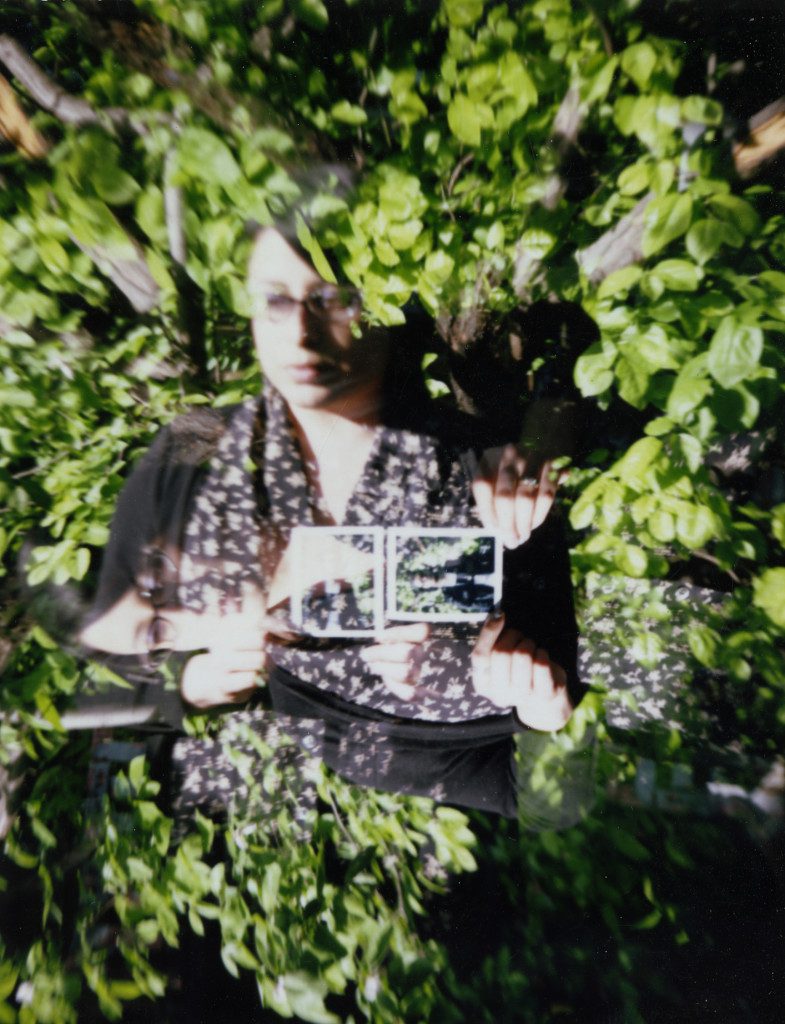
Analú María López is a Librarian, Archivist and Photographer living on Indigenous land that, along with the larger region, has always been home to Indigenous peoples, including the Council of the Three Fires: the Odawa, Ojibwe, and Potawatomi, the Illinois Confederacy: the Peoria and Kaskaskia, the Myaamia, the Wea, the Ho-Chunk, the Menominee, the Thakiwaki, the Meskwaki, the Kiikaapoi, and the Mascouten. We currently refer to this land as Chicago.
Born and raised on the Southwest side of Chicago in the neighborhood of La Villita (Little Village), where she still resides, she is Guachichil/Xi’úi from San Luis Potosi, México. Interested in underrepresented Indigenous narratives dealing with identity, language, and decolonization she writes and creates photographic-based projects exploring these topics.
She holds a Master of Library and Information Sciences with a certificate in Archives and Cultural Heritage Resources and Services from Dominican University and a Bachelor of Arts in Photography with a minor in Latin-American Studies from Columbia College Chicago. Currently, she works at the Newberry Library of Chicago as the Ayer Indigenous Studies Librarian. To follow her work: www.analulopez.com

